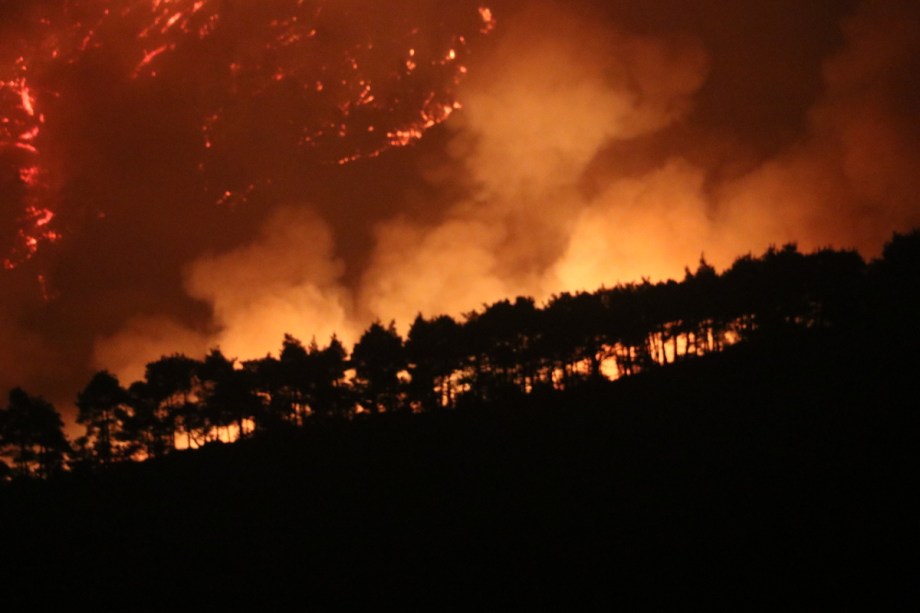Syria has faced decades of conflict and authoritarianism, and while Bashar al Asad’s regime has collapsed, the country confronts a severe climate crisis that exacerbates existing vulnerabilities. Ranked 164th on the Notre Dame Global Adaptation Initiative (ND-GAIN) index with a score of 35.7, Syria is among the most vulnerable nations to climate change. Environmental issues such as extreme temperatures, wildfires, and debilitating droughts are intertwined with the ongoing conflict, resulting in political instability and socio-economic challenges.
Since 2011, a third of Syria’s forests have vanished, air pollution has increased, and extensive damage has occurred to water facilities. The 2021 Euphrates River drought marked the worst conditions since 1953, leading to loss of agricultural livelihoods, food insecurity, and climate-related displacement. Women, who make up over 60% of the agricultural labor force, are disproportionately affected by these crises, facing heightened health risks from pollution and exploitation due to their vulnerability.
Turkey’s construction of dams and military actions further disrupt access to water, forcing women and girls to walk long distances for supplies. Climate-induced migration has led many women to take on additional roles in households, exacerbating existing gender inequalities and economic hardships. Discriminatory practices and patriarchal norms have intensified gender-based violence and systemic abuse.
As families struggle economically, child marriages increase as a survival strategy, leading to further marginalization of women and girls. As Syria transitions under Ahmed al-Sharaa’s leadership, reconstructing the nation amidst socio-economic and environmental challenges is critical. An inclusive, multi-layered policy approach is essential to mitigate the climate crisis’s impacts on women, including empowerment programs that encourage their participation in environmental decision-making processes.



